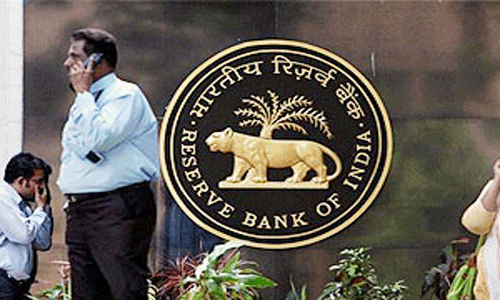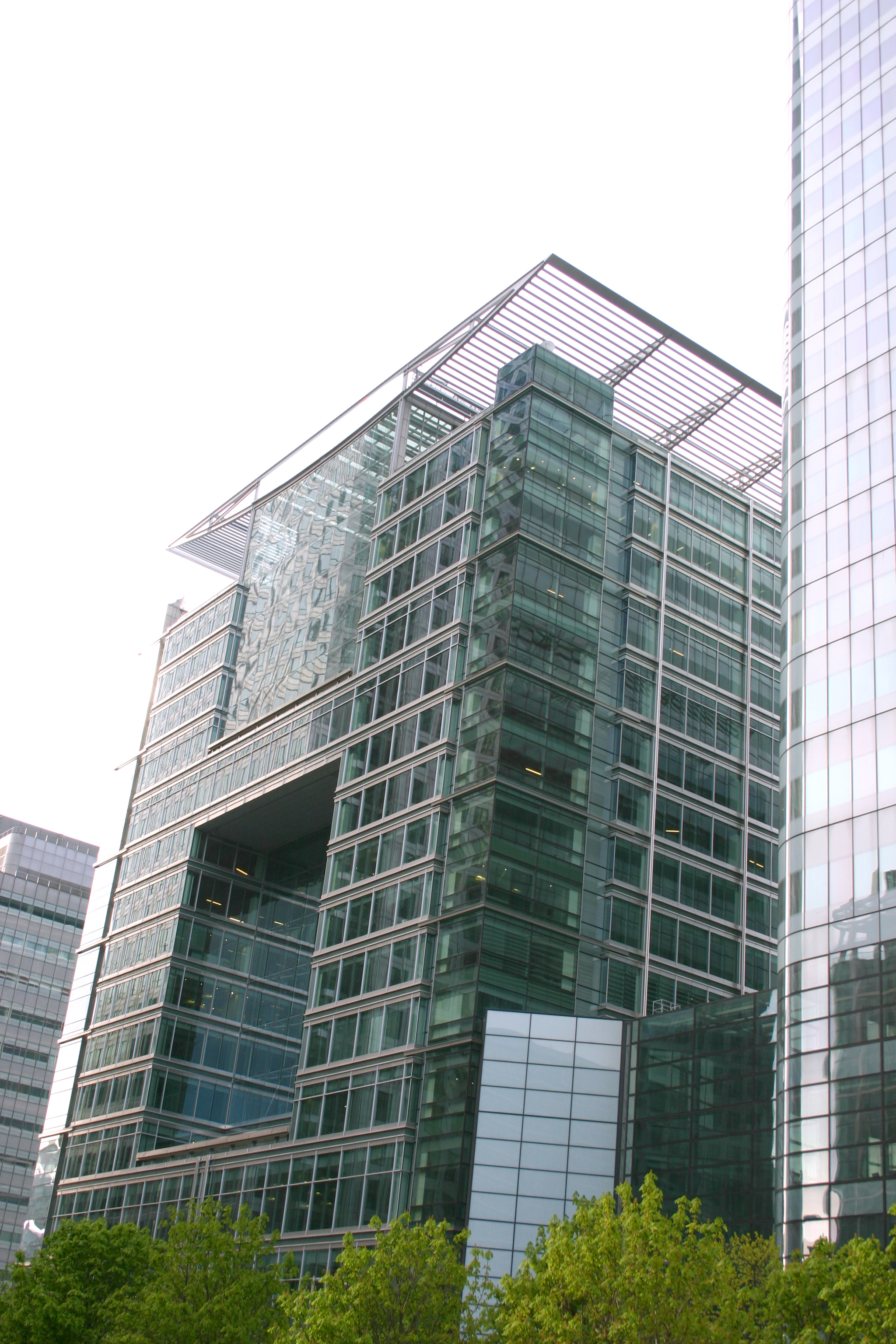
Disconnect in policy & practice of real estate
Track2Realty Roundtable-III Venue—India Habitat Centre Moderator—Ravi Sinha, CEO & Managing…

Track2Realty Roundtable-III Venue—India Habitat Centre Moderator—Ravi Sinha, CEO & Managing…

Is the Indian real estate sector the right place to make a serious career in now? Compared to more developed countries, the Indian real estate sector still lacks sophistication and transparency. However, it continues to be in the limelight of domestic and international investments. This has naturally brought on the need for better, more capable human resources.

When the Reserve Bank of India (RBI) was to announce its annual monetary policy for 2012-13 on 17th April, there were widespread concerns of slowing economy, rising inflation, trade deficit of 4 per cent of GDP and drying FDI too emerging as a grace concerns

What appears to be the bane of retail, whether organised or neighbourhood, has been spotted by some innovative entrepreneurs, of late. They are the tech savvy smart players in the segment who have realised that instead of getting into “dog eats dog” competition, it is better to spot the gaps that the upwardly mobile discerning consumers are finding and bridge the trust deficit in retailing to cater to this segment.

The absorption of office space continues its slide in the top cities, with exceptions in Mumbai, Kolkata and Ahmedabad, which are the only ones recording a rise in absorption levels, finds the real-estate consultancy firm Cushman and Wakefield.

Owing to global issues, liquidity is becoming a problem. Though the phase is temporarily, the concern cannot be ruled out. Indian real estate sector is banking on the fact that change will take place and market will come out of the situation.

The demand fundamentals of the India story are now focused around all cities that have sufficient economic activity, be it industrial, service sector-driven or incentive-driven programs by the State Government. In Gujarat, which has seen considerable industrial progress, the key cities of Ahmedabad, Surat and Vadodara come readily to mind.

Just over a decade ago nobody would have even thought about the redevelopment. What then changed in the last two decades? Well, almost about everything changed as far as vision about the urban infrastructure and living is concerned.

The most popular way of planning a trip earlier was to visit a travel agency to get your itinerary made. Besides direct hotel reservations, the Central Reservation Systems (CRS) and Global Distribution Systems (GDS) thus served as the primary channels of sales for hotel room nights.

Since the hospitality sector was previously considered a part of Commercial Real Estate (CRE) and was subject to the same risk exposure, the cost of such debt was high. In September 2009, new guidelines on CRE released by the Reserve Bank of India, asserted that the hospitality sector would no longer be treated as a part of CRE and risk exposure would be based on the profile of the borrower and the nature of the project.
